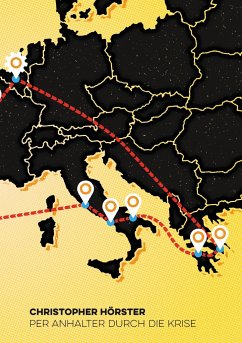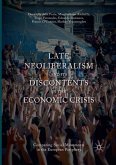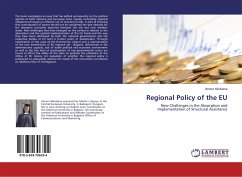The EU and NATO announced the start of their strategic partnership with the Declaration on the ESDP in 2002. Through this strategic partnership, the two organizations aim to achieve their high-priority goals in the context of security and defence. Although the EU-NATO partnership is crucial for security, peace and stability in the world; a genuine strategic partnership between the EU and NATO has not yet been achieved because of different obstacles . The purpose of this work is to analyse how and to what extent the Cyprus conflict has limited this strategic partnership. The limitations caused by the conflict on the EU-NATO strategic partnership have been elaborated by analysing the current developments at the political and military-strategic levels and on the ground. Additionally, some case studies such as Kosovo and Afghanistan have been used to see the impact of the conflict on the EU-NATO cooperation. The conclusion of this study consists of some recommendations for possible measures that need to be taken by all the related parties in order to bring the on-going conflict on the island to an end and to achieve a fully-fledged strategic partnership.
Bitte wählen Sie Ihr Anliegen aus.
Rechnungen
Retourenschein anfordern
Bestellstatus
Storno








